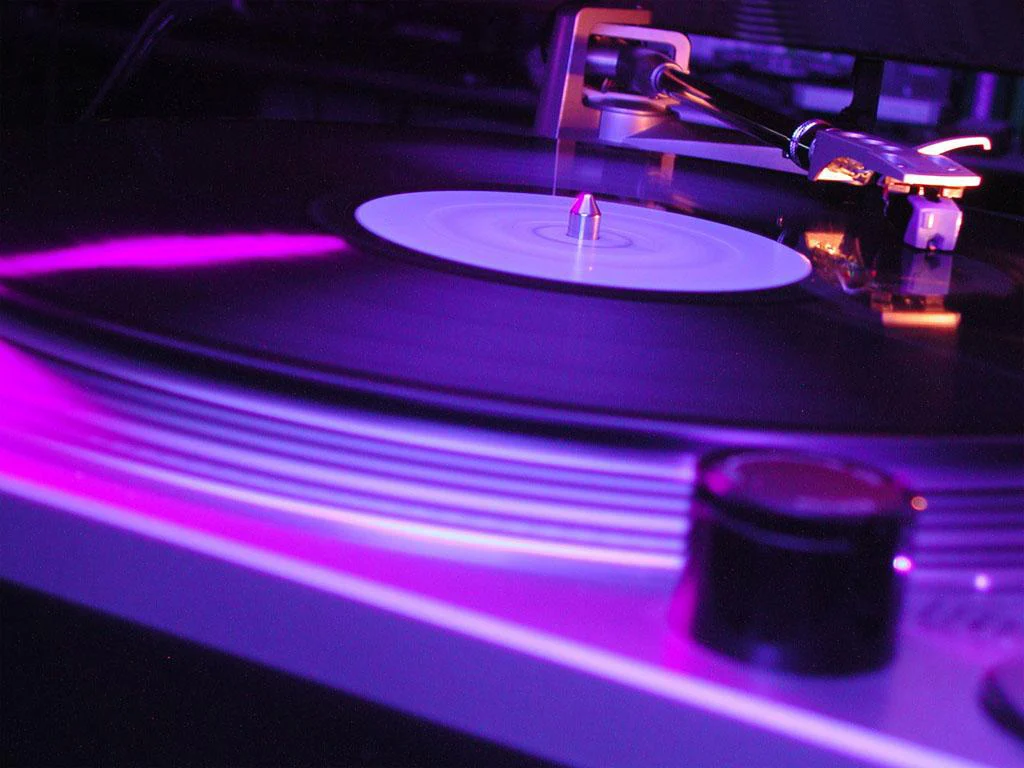In the 90s, during the dot-com era, I had the opportunity to propose my idea for a digital jukebox at the company that I worked at. Back then, jukeboxes played a significant role in bars, as they often determined whether the bar was a hit or a miss. Each jukebox had a unique selection of songs, providing insight into the bar’s atmosphere and the people who frequented it. Unfortunately, my idea did not come to fruition, as our company, like many others at that time, faced financial difficulties.
My concept involved implementing a digital jukebox system in bars. We would store the music library in a server room and allow bar owners to pick the jukebox’s song collection. The bar owners could choose the songs they wanted, which would then be loaded on the jukebox. Furthermore, they would have the flexibility to add or remove songs as they pleased but it would be a limited number of songs similar to a traditional jukebox.
This approach would have preserved the unique identity of each bar, with different establishments boasting different songs/themes. However, with the advent of high-speed internet and unlimited storage and streaming services, digital jukeboxes now have access to virtually every song or album ever recorded. Consequently, this has undermined the charm of the traditional dive bar jukebox experience. Nowadays, you’re just as likely to encounter a mix of Hank Williams Jr. and Justin Bieber songs in what was once a seedy dive bar where you might have stumbled upon classic tracks by Hank Williams Sr. or Patsy Cline.
